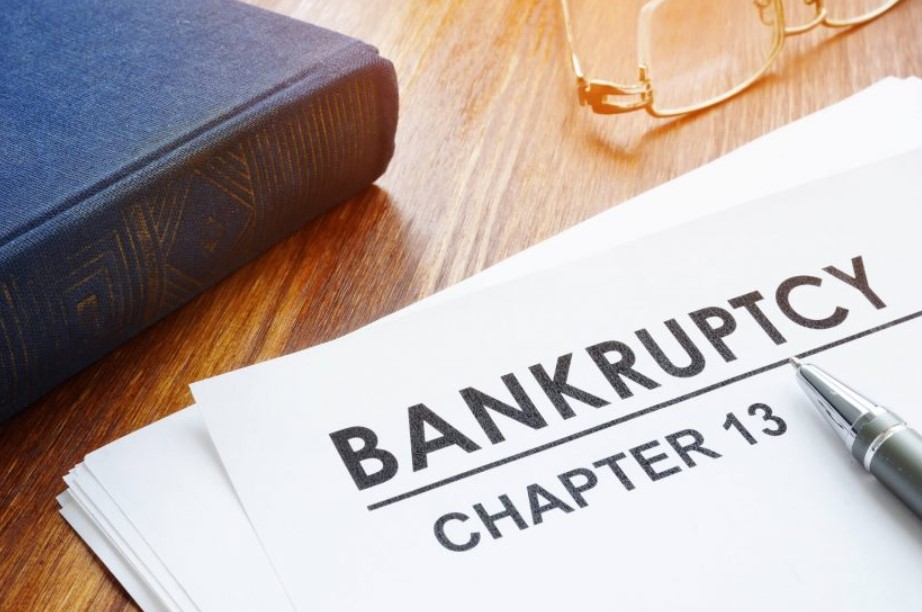
As we navigate the complex terrain of financial distress, understanding the options available to us is crucial. Bankruptcy is a legal procedure that can provide relief to individuals and businesses overwhelmed by debt. In Iowa, as in other states, bankruptcy laws are intended to offer a fresh start by discharging certain debts and restructuring finances in a manageable way. Seeking the expertise of a bankruptcy attorney can be a pivotal step in this process. These legal professionals guide us through the intricacies of bankruptcy law, ensuring we make informed decisions and take appropriate actions aligned with our financial recovery goals.
Our goal in seeking the assistance of a bankruptcy attorney in Iowa is to utilize their specialized knowledge to protect our interests. These attorneys are well-versed in the nuances of both federal bankruptcy laws and specific regulations that apply within the state of Iowa. They provide a strategic approach to either liquidating assets under Chapter 7 bankruptcy or creating a repayment plan under Chapter 13. The choice of a bankruptcy attorney is critical, as their advice and representation can significantly influence the outcome of our proceedings. Learn more about Bankruptcy Attorney Iowa
We must understand the psychological and economical impact of declaring bankruptcy, and here, a bankruptcy attorney becomes more than just a legal advisor. They not only steer us through filing petitions and representing us in court but also offer counsel on improving our financial habits post-bankruptcy. This comprehensive support can make the journey towards financial stability less daunting and more structured. By working with a bankruptcy attorney in Iowa, we tackle our financial challenges with a staunch ally by our side, one who provides clarity and a pathway to regain control over our finances.
Understanding Bankruptcy Law in Iowa
When considering bankruptcy in Iowa, knowing the specifics of the local law is critical. We’ll examine how federal guidelines interface with state-level regulations, the various types of bankruptcy filings available, the means test for qualifications, and the unique exemptions provided under Iowa law.
The Bankruptcy Code and Iowa
The Bankruptcy Code is a federal law, yet it is applied with consideration for Iowa’s specific statutes and precedents. We adhere to the U.S. Bankruptcy Code while also navigating through the nuances of Iowa’s bankruptcy regulations, ensuring cases comply with both sets of laws.
Types of Bankruptcy Chapters
Iowa residents can file for several chapters of bankruptcy, each designed for different circumstances:
- Chapter 7: Liquidation bankruptcy for individuals who can’t repay their debts.
- Chapter 13: A reorganization bankruptcy where debtors repay debts through a court-approved plan.
- Chapter 11: Typically for businesses seeking to reorganize their debts, but individuals with substantial debts and assets may also qualify.
- Chapter 12: Specifically for family farmers or fishermen to restructure finances and avoid liquidation.
Means Test for Qualifying
The Means Test is a crucial evaluation in determining eligibility for Chapter 7 bankruptcy. This test compares your income to the median income for a household of your size in Iowa. If your income is below the median, you’re eligible for Chapter 7. If above, you may have to file under Chapter 13.
Exemptions Under Iowa Law
Exemptions play a vital role by protecting certain assets from being sold in bankruptcy:
Asset Type
Exemption Amount
Additional Notes
Homestead
Unlimited
Up to half an acre in town, 40 acres elsewhere.
Personal Property
Various amounts
Includes clothing, household goods, and others.
Wages
75% of earned but unpaid wages
Compare with federal nonbankruptcy wage exemptions.
Pensions and Retirement Funds
Certain restrictions apply
Includes ERISA-qualified benefits, IRAs, and others.
These exemption amounts are periodically adjusted, so we follow the most current guidelines when advising on bankruptcy protection.
Choosing a Bankruptcy Attorney in Iowa
When selecting a bankruptcy attorney in Iowa, it’s essential to consider their experience, fee structure, and client feedback.
Experience and Specialization
We recommend choosing an attorney with a strong track record in bankruptcy law, particularly one who specializes in the type of bankruptcy you’re considering, whether it’s Chapter 7 or Chapter 13. Check for:
- Number of years in practice
- Number of bankruptcy cases they’ve handled
- Specific training or certifications in bankruptcy law
Attorney Fees and Costs
Costs can vary widely among attorneys, and it’s important to have a clear understanding of the fee structure. When discussing costs, consider:
- Whether the attorney charges a flat fee or hourly rate
- Any additional costs, like court filing fees or charges for mandatory credit counseling
Client Testimonials and Reviews
Past client experiences can provide critical insights into an attorney’s effectiveness and service quality. Look for reviews and testimonials on:
- Legal directories
- The attorney’s own website
- Independent review platforms



